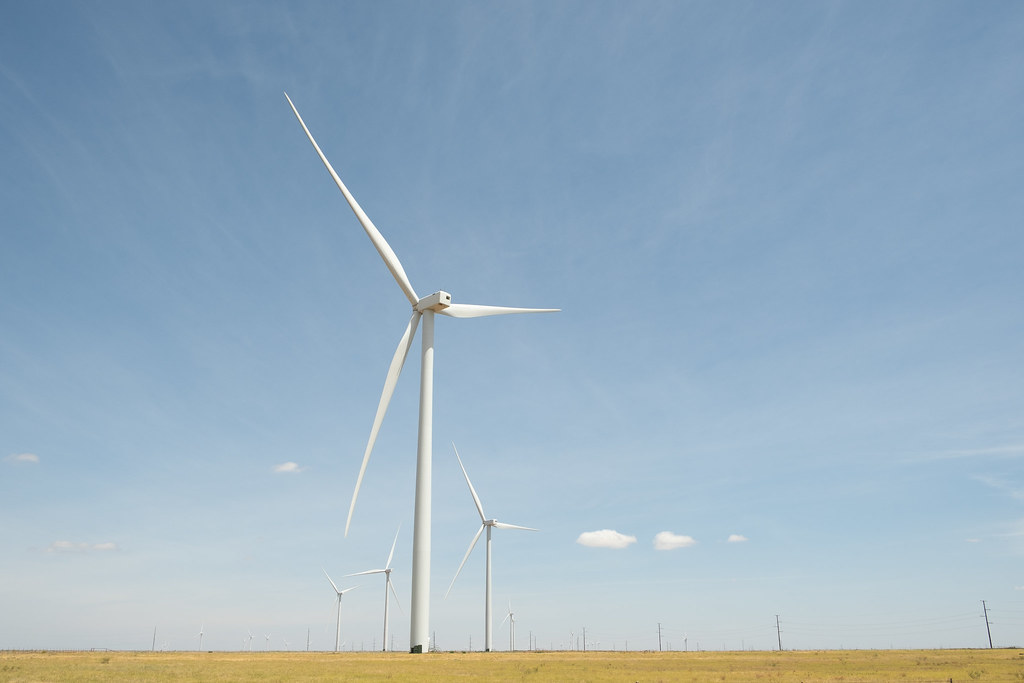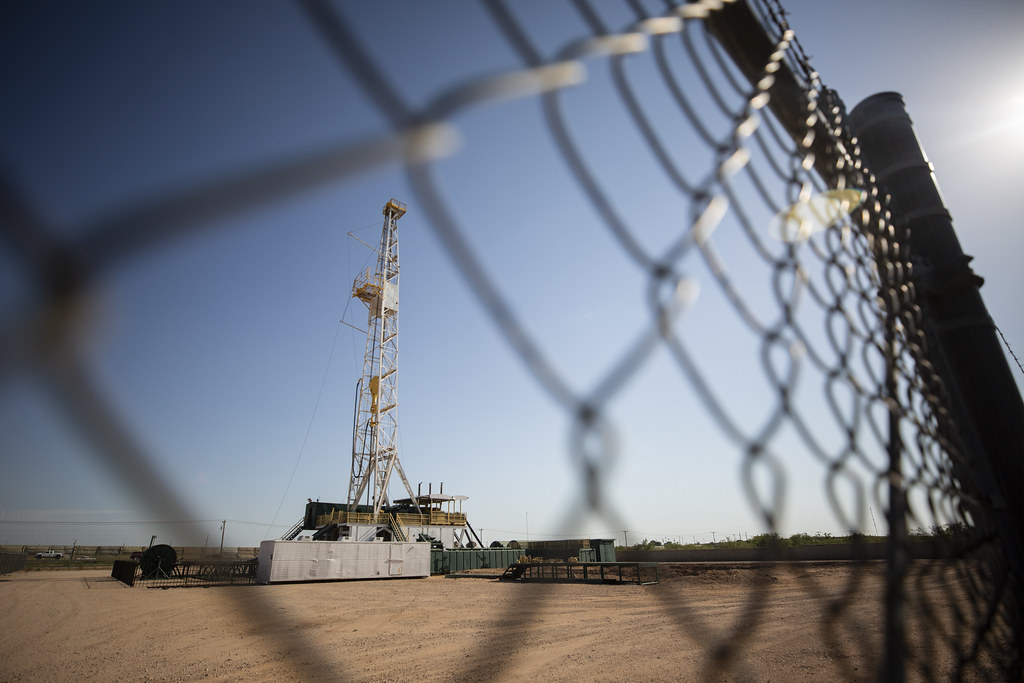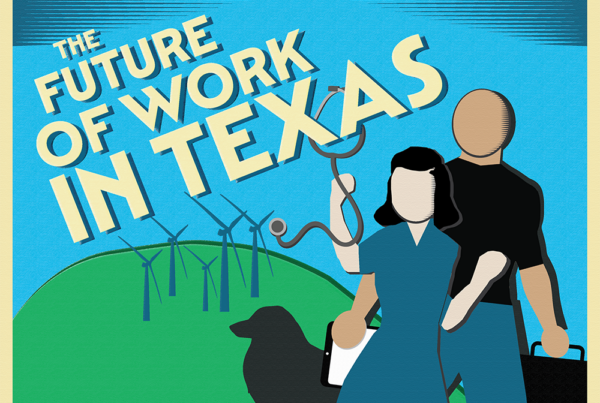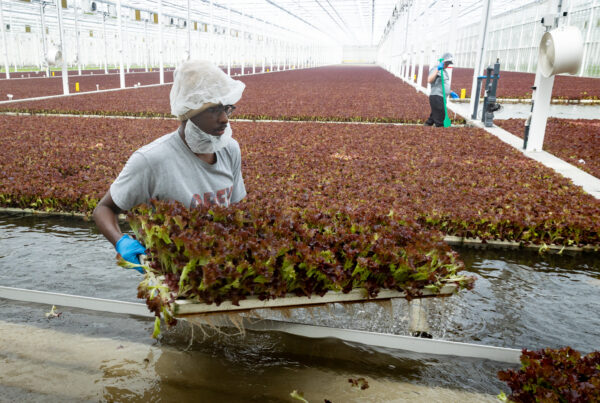My earliest concept of what it meant to have a job was to work in the energy industry. It’s what my dad did: For more than 40 years, his entire career, he worked for Amoco – what would eventually become a part of BP – just like his father before him.
It was a common path in my hometown in East Texas. The region is arguably the birthplace of the oil industry in Texas, and home to one of the most prolific oilfields in the U.S., at least until the advent of fracking and the shale revolution.
Reminders of the oil boom and its place in our economy are everywhere in the Piney Woods, like the pumpjack next to my high school that would come screeching to life just before 8 a.m. every day. Or the oil derricks that dot the banks of the Sabine near State Highway 42, rising like phantoms above the river’s muddy water.
These relics always gave me a feeling of pride: a sense of place, something anchoring me to my home and the work my father did to provide for our family. But with it too came a sense of anxiety about what it meant for the future of our planet, which we’d already caused so much damage to by burning fossil fuels.
Oil has, for better or worse, been perhaps the most transformative industry in the state, economically speaking.
“Energy just created a massive influx of persons of all different types of skill levels to this region,” said Juliet Stipeche, executive director of the Gulf Coast Workforce Board. “A person could come to Houston and actually just transform their life. It was dramatic economic and social mobility in this energy industry that was a massive catalyst for the influx of population into this region.”
» Texas Standard special report: The Future of Work in Texas
Energy jobs were and continue to be a source of upward mobility for so many, even those without higher education.
And Texas continues to lead in crude oil and natural gas production. According to the U.S. Energy Information Agency, Texas accounted for 42% of the nation’s crude oil production and 27% of its marketed natural gas production in 2022. The Texas Oil & Gas Association, an industry trade association, says taxes and royalties from oil and gas production topped $26 billion in fiscal year 2023 – the highest in state history.
But the way we produce energy is changing, especially as the urgency of climate change drives the need for the “energy transition” – a move away from fossil fuels to more environmentally friendly alternatives.
“Globally, there’s been an evident trend where clean energy jobs related to solar, wind, bioenergy, hydro storage, they all tend to be steadily rising. And at the same time, we’ve seen the fossil fuel base following an inverse trend,” said Sergio Castellanos, an assistant professor in the University of Texas at Austin’s Civil, Architectural and Environmental Engineering Department. He also runs the RESET Lab, which looks at how to make the energy transition more sustainable and equitable.
“As we consider this in Texas, about 30% of people in the state work in this sector,” he said. “So obviously there are jobs and tax revenues for counties that will have to transition. And that’s going to be a big issue for them.”














